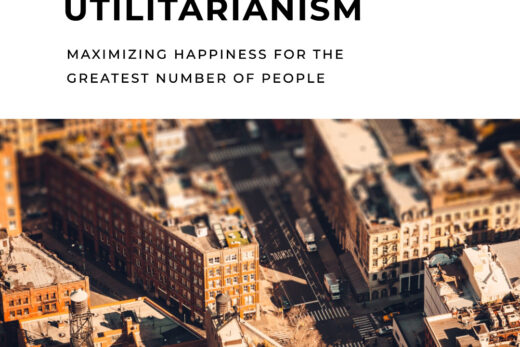Altruism can be defined as selfless acts done purely out of concern for the wellbeing of others. While this concept seems simple at first glance, its depth and complexity are profound, making altruism an incredibly intriguing aspect of human behavior.
Altruistic Individuals
Who are these altruistic individuals? They are those who prioritize others’ needs over their own. Characteristics like compassion, empathy, patience, and a deep sense of social responsibility mark them. Take a nurse in a resource-strapped hospital working tirelessly during a pandemic, for example. Despite her exhaustion, she keeps caring for the sick, showcasing what it means to be altruistic.
Altruism in Practice: Notable Instances
We see altruism in action every day. Suppose a passerby risks his safety to help a stranger after an accident. That’s altruism. Or when a teacher stays after school, spending extra time to help a struggling student without expecting anything in return – that’s also altruism.
The Psychological Perspective
Psychology reveals that some actions are truly selfless. The story of Arland D. Williams Jr., the brave man who sacrificed his life in a plane crash to give a stranger a life-saving flotation device, serves as a powerful example of this theory.

Altruism, Morality Ethics
“The life of an altruist is a life lived in the service of others,” said philosopher Peter Singer. Ethics view altruism as a moral obligation, urging us to act for others’ benefits. This perspective emphasizes how personal values shape our altruistic behavior.
Mental Health and Altruism
Research suggests that performing altruistic acts can lead to better mental health. Acts of giving and sharing create a sense of purpose and happiness, enhancing emotional wellbeing. Mother Teresa’s life is a perfect example of this, her altruistic acts brought joy not only to those she served but also filled her own life with purpose and fulfillment.
Altruism Through the Lens of Evolution
From a biological standpoint, altruism is a fascinating paradox. Even though it lacks immediate personal benefits, it seems to favor group survival, promoting the concept of reciprocal altruism. We can see this in social insects like bees and ants, where the individual’s sacrifice ensures the survival of the entire colony.
Final Thoughts
Altruism has the potential to reshape societies. As Anne Frank rightly said, “No one has ever become poor by giving.” While the altruist might not gain materially, their contributions foster a more cohesive, empathetic, and understanding society. Altruism is not merely about self-sacrifice, but it’s about fostering a more caring and compassionate world.
Critiques of Altruism
Despite its positive portrayal, altruism has faced critiques. The primary criticism stems from the notion of ‘psychological egoism,’ which suggests every act, no matter how selfless it appears, is fundamentally selfish because it is driven by the individual’s desire to feel good about themselves. This perspective undermines the existence of pure altruism.
Another critical view comes from Ayn Rand, a staunch proponent of Objectivism and Individualism. Rand posited that altruism undermines individual rights and self-interest. She viewed it as promoting sacrifice as a moral virtue, leading to potential exploitation, as individuals might end up ignoring their own needs and desires. Rand’s philosophy extols the virtue of rational self-interest, arguing against selflessness in favor of what she saw as a more reasonable, productive way to live and interact with others.
Frequently Asked Questions
Can altruism be taught or is it innate?
While certain altruistic behaviors may be inherent, it’s widely believed that environmental factors, upbringing, and experiences can influence and cultivate altruism.
What is the role of culture in altruism?
Culture greatly impacts the understanding and practice of altruism. Some cultures may place a higher emphasis on community and sharing, thereby promoting more altruistic behaviors.
Is there a downside to being overly altruistic?
Yes, being overly altruistic can sometimes lead to self-neglect, burnout, or exploitation by others. It’s important to balance self-care with caring for others.
Does altruism exist in animals?
Yes, many animal species exhibit altruistic behaviors. For example, meerkats have been observed to risk their lives warning the group of approaching predators.
How does altruism relate to other philosophies or religions?
Many religions and philosophies, such as Buddhism, Christianity, and Humanism, endorse altruism as a fundamental value or virtue.
Is altruism necessary for a functioning society?
While not the only factor, altruism plays a vital role in societal cohesion and cooperation. It promotes empathy, understanding, and acts of kindness, fostering a more harmonious society.



